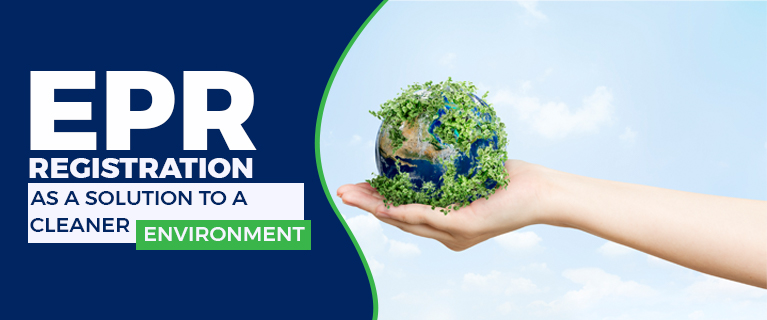Embracing EPR Registration As A Sustainable Pathway

In recent years, the mounting concern for environmental conservation and sustainable waste management practices has led to the implementation of Extended Producer Responsibility (EPR) registration. EPR is a groundbreaking concept that places the onus on producers to take responsibility for the entire lifecycle of their products, including post-consumer waste management. In this blog, we will explore the numerous ways in which EPR registration benefits the environment and plays a crucial role in fostering a greener and cleaner world. Understanding EPR Registration: EPR registration is a regulatory framework that compels producers, manufacturers, and importers of various goods to manage the environmental impact of their products, from creation to disposal. By enforcing EPR, governments aim to promote sustainable practices, encourage resource conservation, and reduce the burden of waste on the environment. 1. Waste Reduction and Recycling: One of the primary benefits of EPR regi










